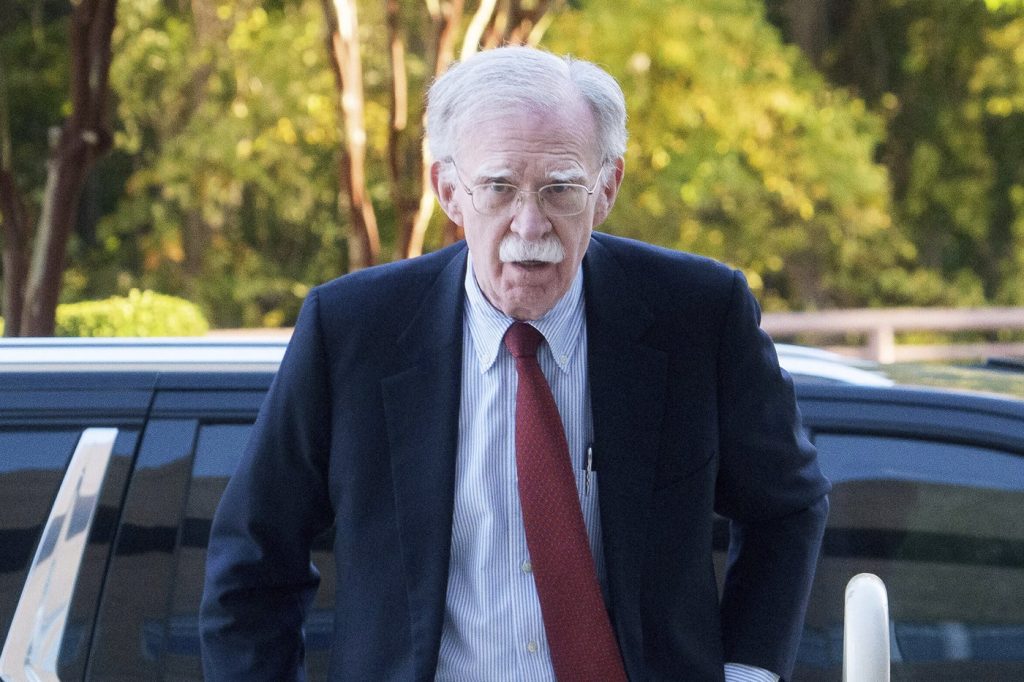As a result of President Donald Trump brokering a ceasefire deal in Gaza, support for his handling of the conflict between Israelis and Palestinians has notably increased. Findings from a recent AP-NORC poll indicate that approximately 47% of U.S. adults approve of Trump’s approach to this specific issue, marking a rise from 37% in September. This uptick appears to be largely influenced by a more favorable view of Democrats regarding Trump's foreign policy efforts.
However, despite this success on the international stage, Trump's overall approval ratings remain low, particularly concerning his management of domestic issues. The poll indicates that only about 4 in 10 U.S. adults approve of his job performance overall, with little change since September. Numerous voters express the sentiment that while Trump's efforts abroad are notable, he needs to focus more on domestic concerns such as the economy, health care, and immigration.
For instance, Justin Sanders, a 31-year-old Republican from Birmingham, Alabama, remarked on the importance of addressing inflation and economic struggles faced by many Americans. He emphasized the need for Trump to prioritize the American populace over international endeavors.
The poll was conducted from October 9-13, prior to the release of hostages in Israel, and following the announcement of the ceasefire deal. While the tenuous ceasefire in Gaza has been maintained, critical questions linger regarding the sustainability of peace in the region and the U.S. role in it.
Trump also continues to encounter significant challenges at home, notably a government shutdown that has now entered its third week, coupled with persistently high prices affecting American households. Public dissatisfaction is evident, as many citizens are directly impacted by health care cuts and hospital closures.
In terms of domestic approval, the poll reveals that only about 40% of U.S. adults approve of Trump’s handling of immigration, which aligns with September's results. On economic issues—where concern is paramount for many Americans—only a third express approval of his performance. Trump's weakest area appears to be health care, with roughly 30% of adults approving of his leadership in that field. Criticism is widespread across party lines, with strong disapproval from Democrats and significant portions of independents and Republicans.
Alison Weaver, a 62-year-old independent from Roanoke, Virginia, voiced her discontent with Trump’s second term, labeling it a "debacle" and criticizing his immigration tactics. The sentiment among voters concerning the country’s trajectory is mostly negative, with approximately 70% indicating they believe the nation is heading in the wrong direction, though this marks a slight decrease from the previous month.
As the election season approaches, Republican candidates may find Trump's low domestic approval ratings to be problematic, particularly with elections for governors in New Jersey and Virginia on the horizon, alongside several local municipal elections across the country. As it stands, polls suggest that many voters harbor concerns about the state of domestic issues, overshadowing Trump's recent diplomatic achievements.
In summary, while Trump has gained approval for his foreign policy efforts, especially regarding the Israeli-Palestinian conflict, he struggles to translate this into broader domestic support, with significant dissatisfaction over his handling of critical issues like the economy and health care likely to impact the upcoming elections.












